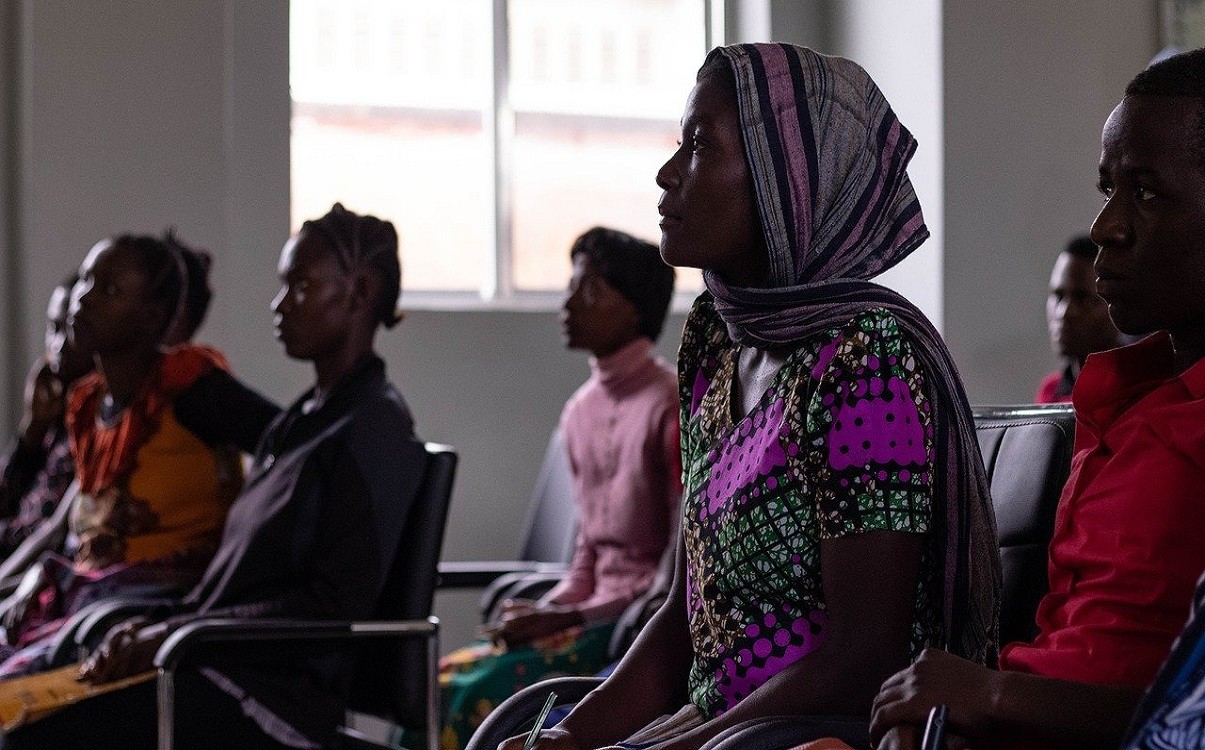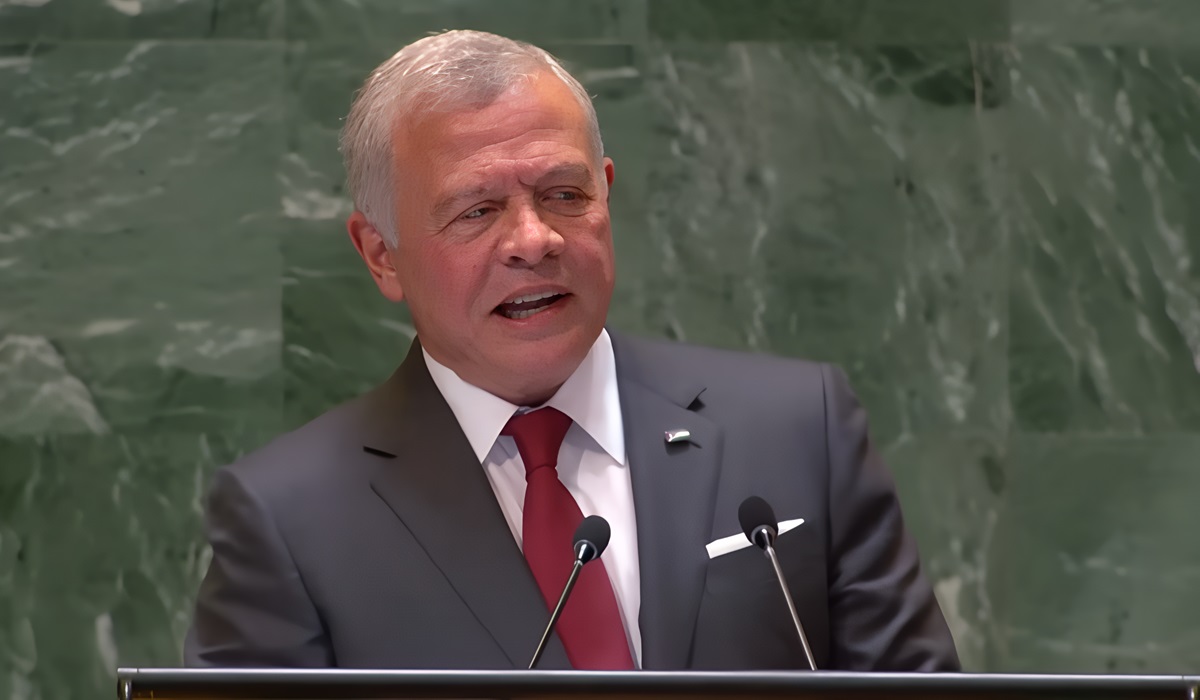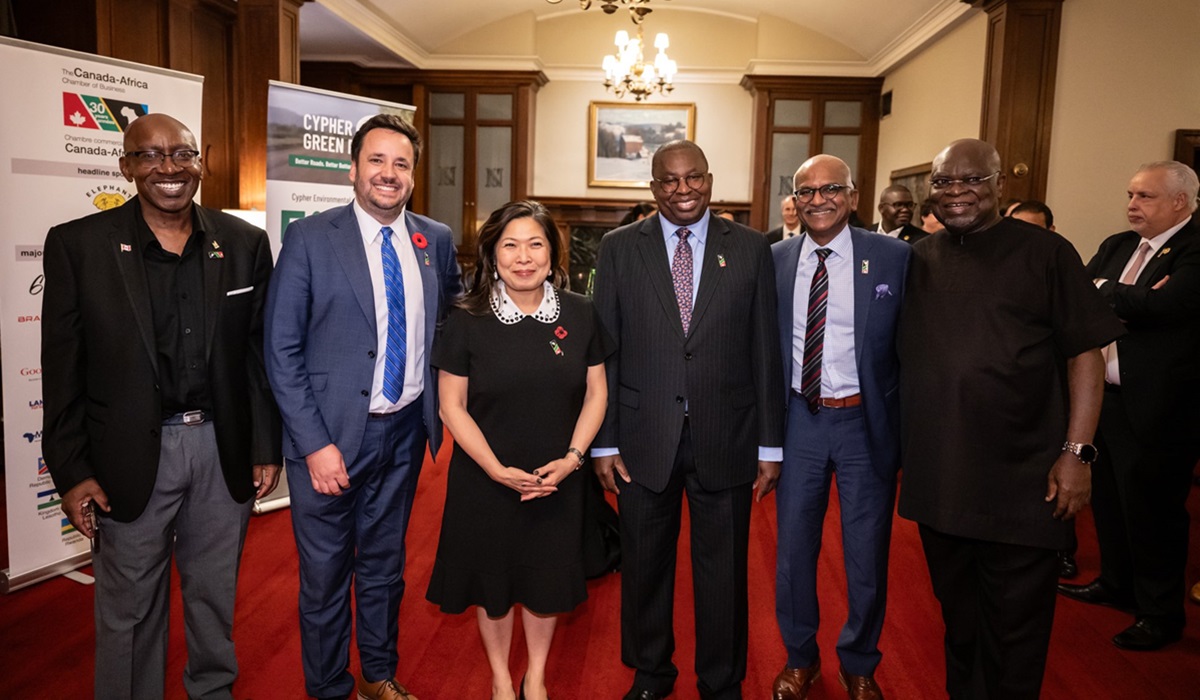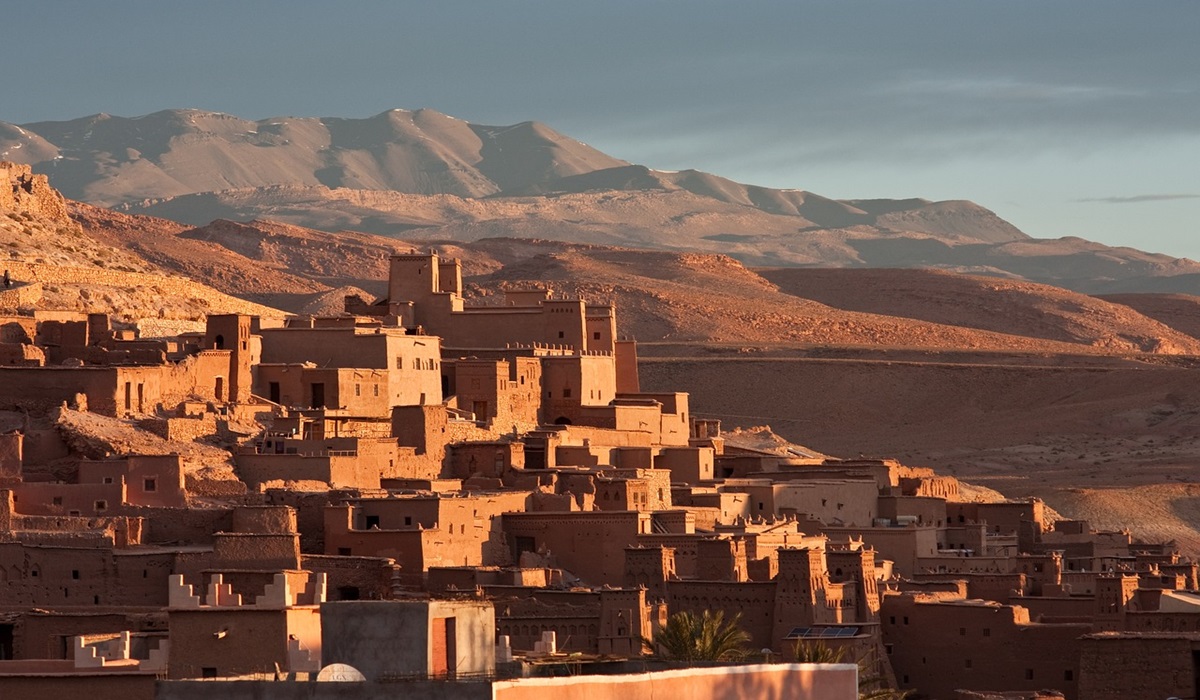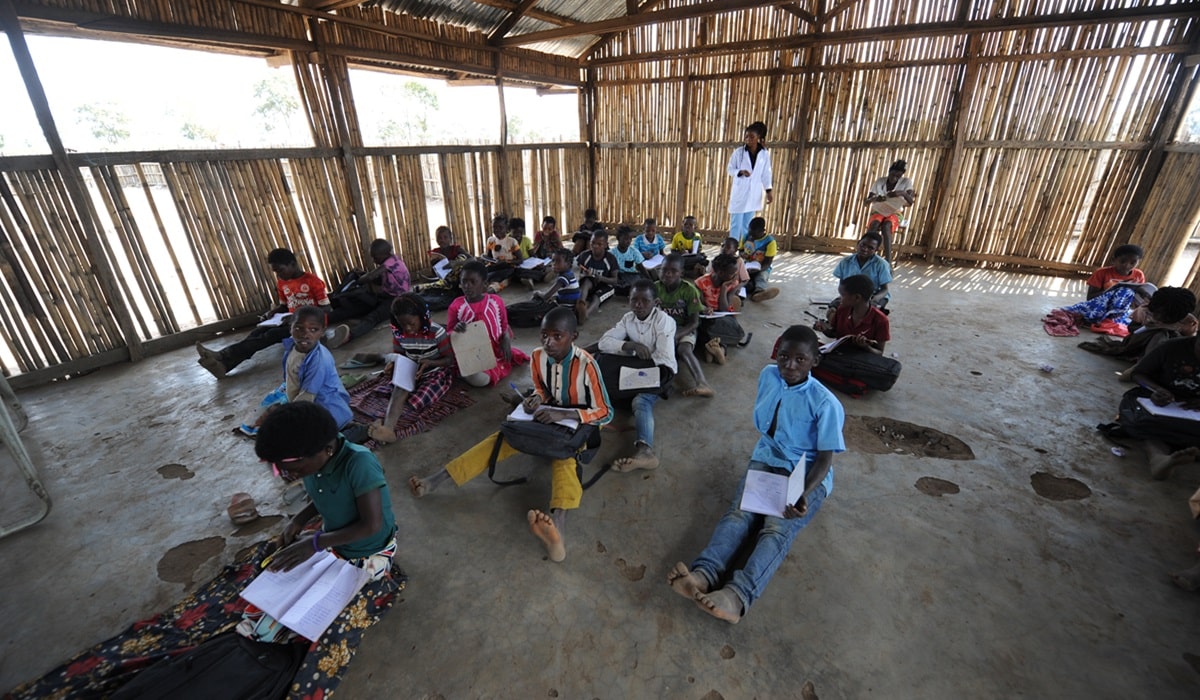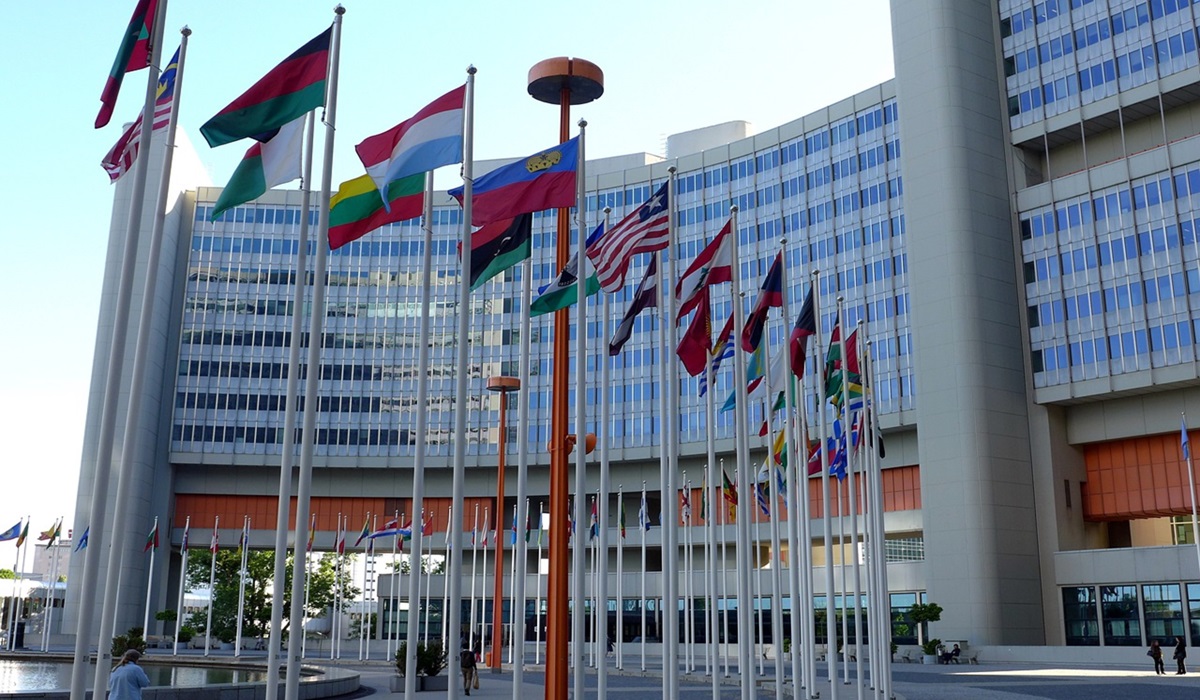Urgent need for inclusive health policy in Africa
Countries must strengthen and reform their health policy research institutions to focus on Africa-led inclusive solutions
Global health experts and practitioners at a policy webinar hosted by the African Development Institute (ADI) called for a “Marshall Plan on Inclusive Health in Africa.”
There is an urgent need for inclusive health policy in Africa – one that can detect and interpret warning signs and rapidly mobilize to isolate threats, absorb and adapt to shocks, and organically innovate new strategies to maintain its core functions, the delegates said.

“There must be a radical shift in Africa’s health policy from one that focuses on medical outcomes, to one that focuses on the broader concept of inclusive health – ensuring quality health from conception to end of life, to all people and all the time,” according to a summary document on the webinar’s outcomes.
The webinar, the third in a series of the ADI’s Global Community of Practice (G-CoP), took place 22-23 June 2020 and brought together 565 global experts and 69 panelists from 50 countries.
The ADI hosted the seminar jointly with the World Health Organization (WHO); the Africa Centres for Disease Control and Prevention; the Bank Group’s Health Department and Health Centre; the African Population and Health Research Center at Murdoch University, Western Australia; Drexel University’s School of Public Health, USA; City University of New York School of Medicine, USA; and the University of Nigeria Faculty of Health Science and Technology.
Among the panelists were former Ministers of Health, Education and Finance from Africa, the staff of various Prime Ministers’ Offices, a Minister of Health from Western Australia, specialists from multilateral institutions including the World Bank, heads of health policy research institutes, teaching hospitals, think-tanks and private sector representatives.
Webinar participants encouraged the African Development Bank and partners to build support for the Marshall Plan on Inclusive Health by engaging the private sector, academia and civil society.
There must be a radical shift in Africa’s health policy from one that focuses on medical outcomes, to one that focuses on the broader concept of inclusive health
African countries were urged to adopt WHO recommendations on frequent handwashing, practicing social distancing and wearing masks in public to prevent the spread of COVID-19 and other infectious diseases. They should also scale up testing, contact tracing, isolation and quarantining COVID-19 patients, as well as restricting movement to minimize the virus’ spread.

“These basic personal hygiene practices are needed not only for containing COVID-19 but also for mitigating other communicable diseases that affect citizens of Africa,” said the summary report of the seminar.
The ADI and partners will synthesize the outcomes of the seminar into a matrix of Policy Options and a policy brief for governments and other decision-makers in their response to the pandemic.
“There is no one size fits all policy option. Decision-makers need to engage with local experts and influencers to articulate clear policy messages, define incentives, norms or behaviors, and rules for managing defiance,” it said.
African countries were advised to provide social safety nets and essential primary health care services, such as access to quality water and sanitation, food, and basic sanitary services for vulnerable households.
Africa, delegates observed, is largely absent from the race for vaccines and drug discovery to combat several diseases it faces, and to address this, lending institutions should prioritize investments in domestic capacity for the production of medical equipment and pharmaceuticals. Critical to doing so is the retention of health professionals in Africa by reversing ongoing brain drains, delegates stated.
Countries must strengthen and reform their health policy research institutions to focus on Africa-led inclusive solutions.
“Response policies should be guided by science, not politics,” said the report.
The African Development Institute (ADI) (bit.ly/3gzYe4w) is the African Development Bank’s focal point for Capacity Development. Its goal is to lead efforts at building sustainable capacity for development effectiveness in the Bank’s regional member countries.

